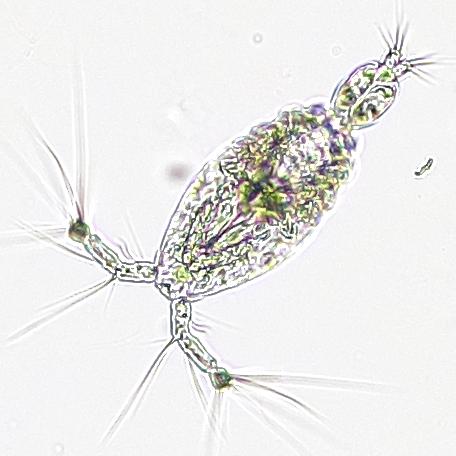Work package 3
Building a digital foundation to explore marine biodiversity
Image credit: Karim Iliya / Kogia
Data to knowledge
As our ambition to protect ocean life grows, so too does the volume of information collected about marine ecosystems.
But despite the richness of available data, much of it is siloed and incompatible. We need a digital ecosystem that integrates heterogeneous data and is open to all.
This WP will build the digital foundations we need to develop a fit-for-purpose data hub – able to store harmonized streams of diverse data collected through BIOcean5D, historical projects and other ongoing efforts worldwide.
Armed with these digital foundations, we’ll strive to meet the potential of our biodiversity data, bridge gaps in our knowledge and look for new patterns across diverse scales – from microbes to animals; across latitudes; across seasons; from the surface to the ocean; from pre-industrial times to today. This holistic approach will illuminate different facets of diversity in taxonomic and functional space.
For example, what are the drivers of biodiversity on the coast compared to those of the open ocean? What factors are at play at the microbial scale compared to what controls the biogeography of fish? What can this information tell us about ocean health, ecosystem function and global biogeochemical cycling?

Overall, this WP seeks to:
Enable
develop a framework to integrate different biodiversity data streams
Collect
integrate data to create a knowledge base and enable predictions about global marine biodiversity
Fill gaps
map patterns of biodiversity across data types to support the monitoring of global ecosystems
Understand
determine drivers of marine biodiversity and how they influence ecosystem function
Peer Bork
EMBL Heidelberg, Germany
“Integrating and harmonizing such diverse data is a great challenge.
But it’s absolutely necessary if we are to understand the intricacies of marine life, and how climate change and human activity influence it.”
Peer Bork
EMBL, Germany
Meike Vogt
ETH Zürich, Switzerland
“As scientists, we’re driven by playful curiosity.
Beyond creating a digital ecosystem that keeps up with the pace of knowledge growth, we want to look for meaningful patterns in this vast data and understand what it can tell us about how marine ecosystems work.”
Meike Vogt
ETH Zürich, Switzerland



